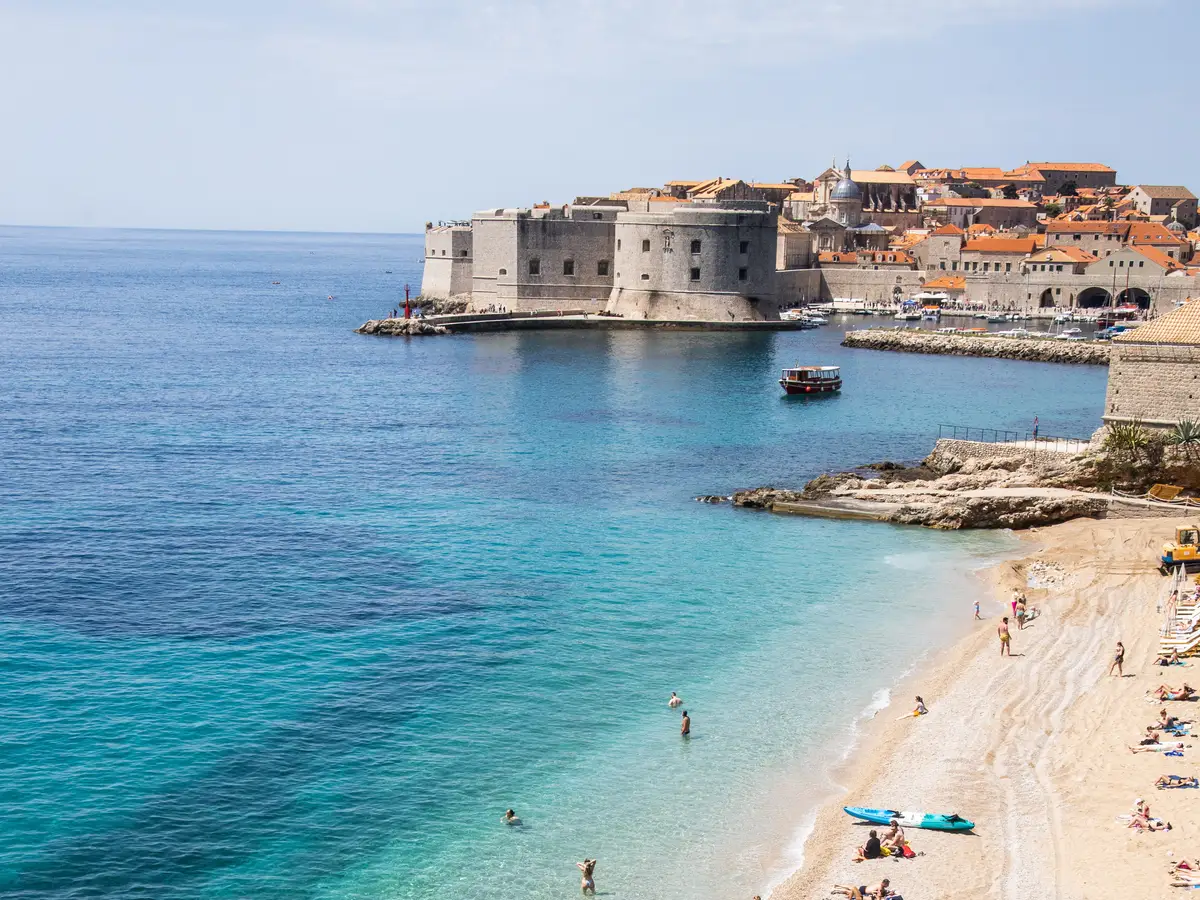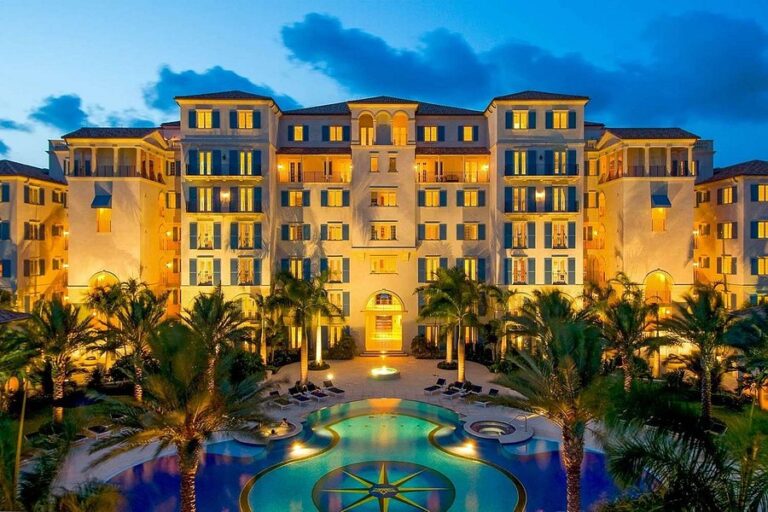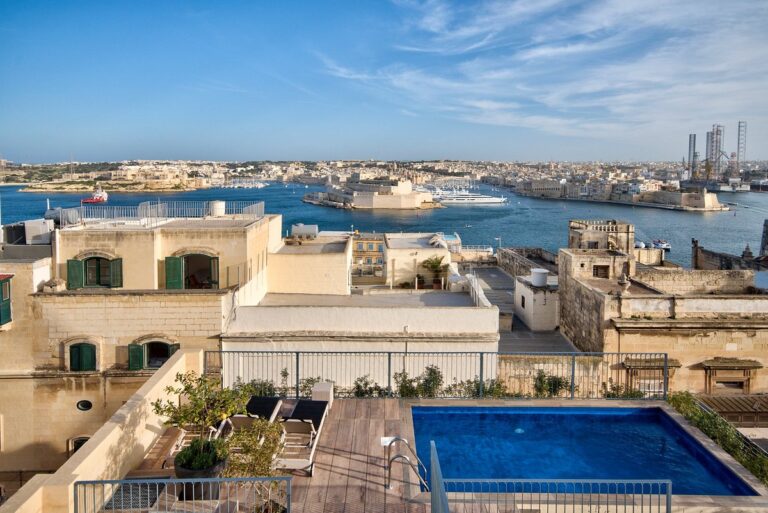Key Takeaways
- Walk Dubrovnik’s city walls early or at dusk to avoid crowds and heat.
- Use the Dubrovnik Pass for discounted entry to top attractions.
- Stay in Old Town or Ploče for convenience and atmosphere.
- Public transport and walking are the best ways to get around.
- Spring and fall offer the best balance of weather and crowds.
- Day trips to Lokrum Island and Montenegro are highly recommended.
- Book tours and accommodations in advance for peak season (June–September).
What Are the Top Things to See and Do in Dubrovnik?
The essential Dubrovnik experience combines a walk atop its medieval city walls, exploring the UNESCO-listed Old Town, riding the cable car for panoramic views, relaxing on Banje or Bellevue Beach, and immersing yourself in local history at the Rector’s Palace and Franciscan Monastery.
Don’t miss a Game of Thrones tour if you’re a fan, and consider a day trip to nearby Lokrum Island or the Bay of Kotor. My personal favorite moment? Watching the sunset from Mount Srđ with a glass of Croatian wine—it’s pure Adriatic magic.
Pro tip: Start your day early to beat the cruise ship crowds and midday heat.
Where to Stay in Dubrovnik: Neighborhoods & Accommodation Tips
Old Town (Stari Grad)
- Best for first-timers and history lovers
- Stay steps from major sights, restaurants, and nightlife
- Can be noisy and pricier, especially in summer
Ploče
- Upscale hotels, stunning sea views
- Easy walk to Old Town and Banje Beach
- Quieter, ideal for couples and families
Lapad & Babin Kuk
- Resort area, family-friendly, budget options
- Great beaches, 10–15 min bus to Old Town
Typical Costs & Suggested Budget
Mid-range hotel: €100–€200/night
Luxury hotel: €250–€600/night
Dubrovnik Pass: €35–€55 (1–3 days, covers city walls & museums)
Meal at local restaurant: €15–€30
Cable car ticket: €27 (round trip)
City walls entry: €36.50
Public transport: €2/bus ride
My Suggested Daily Budget:
- Budget traveler: €60–€90
- Mid-range: €140–€220
- Luxury: €300+
Money-Saving Tips
- Visit in shoulder season (April–May, September–October) for lower prices and fewer crowds.
- Buy the Dubrovnik Pass for bundled entry to top attractions and free public transport.
- Eat at konobas (local taverns) outside the Old Town for better value.
- Bring a reusable water bottle—Dubrovnik’s tap water is safe and delicious.
- Book tours and accommodations early for the best rates.
Top Sights, Experiences, and Tours in Dubrovnik
Walk the City Walls
The iconic 2km circuit offers unbeatable views of terracotta rooftops and the Adriatic. Go early or late for cooler temps and fewer people. Entry: €36.50 or included with Dubrovnik Pass.
Dubrovnik Cable Car & Mount Srđ
Ride up for panoramic city and island views, then visit the Homeland War Museum. Round-trip: €27.
Cable Car Info
Old Town & Stradun
Stroll the marble-paved main street, visit Sponza Palace, Rector’s Palace, and the Franciscan Monastery with its 700-year-old pharmacy.
Game of Thrones Tours
Visit filming locations like Fort Lovrijenac and Pile Gate. Local guides share behind-the-scenes stories. Tours from €20.
Beaches: Banje, Bellevue, Danče
Swim, sunbathe, or try sea kayaking. Banje is closest to Old Town, Bellevue is quieter, and Danče is more secluded.
Day Trips: Lokrum, Kotor, Mostar
Take a ferry to Lokrum Island for nature and peacocks, or join a guided trip to Montenegro or Bosnia for a change of scenery.
Best Guided Tours
- Walking Tour of Old Town—from €20
- Sea Kayaking TTourfrom €35
- Game of Thrones Filming Locations—from €20
Getting There, Getting Around, and Best Times to Visit
How to Get There
- By Air: Dubrovnik Airport (DBV) is 20 km from Old Town. Shuttle buses and taxis run frequently.
- By Bus: Direct buses connect Dubrovnik to Split, Zagreb, and Montenegro.
- By Ferry: Jadrolinija ferries link Dubrovnik to nearby islands and Split.
How to Get Around
- Old Town is pedestrian-only—explore on foot.
- Local buses (Libertas) cover Lapad, Babin Kuk, and Gruž. Tickets: €2 per ride.
- Taxis and Uber are available, but traffic can be slow in high season.
- Rent a scooter or bike for flexibility.
When to Go
- Best: May–June and September–October (pleasant weather, fewer crowds, better prices).
- Peak: July–August (hot, busy, more expensive).
- Winter: Quieter, some attractions close, but magical holiday lights and lower costs.
Around the Area
- Lokrum Island: 15-minute ferry, nature reserve, swimming, botanical gardens.
- Elafiti Islands: Day cruises for beaches and villages.
- Montenegro (Kotor, Perast): Guided day tours available.
Length of Stay
- Minimum: 2 days for highlights.
- Ideal: 3–5 days to enjoy Old Town, beaches, and day trips.
- Extra: 6–7 days for a relaxed pace and more excursions.
Map: Old Town Dubrovnik
Safety, Emergency Contacts, and Pro Tips
- Dubrovnik is very safe for tourists, including solo travelers.
- Watch your step on slick marble streets, especially after rain.
- Stay hydrated—summer can get very hot and humid.
- Pickpocketing is rare but possible in crowded areas; use a crossbody bag.
- Emergency Number (Police, Fire, Ambulance): 112
- Tourist Info: info@tzdubrovnik.hr, tzdubrovnik.hr
- US Embassy (Zagreb): +385-1-661-2200
Personal Insights & Pro Tips
- Wear comfortable, non-slip shoes—Dubrovnik’s marble streets are beautiful but unforgiving.
- For the best photos, visit the city walls at sunrise or sunset.
- Try local specialties like black risotto, fresh oysters, and arancini (candied orange peel).
- Sea kayaking at sunset was my favorite adventure—book in advance for the best guides.
- Bring a portable charger; you’ll take more photos than you think!
Frequently Asked Questions
How many days do you need in Dubrovnik?
Is Dubrovnik expensive?
What is the best time to visit Dubrovnik?
Can you swim in Dubrovnik?
Do I need cash, or can I use cards?
Is Dubrovnik safe for solo travelers?
How do I get from Dubrovnik Airport to Old Town?
WakaAbuja has made every effort to ensure that the information in this post was correct at the time of publication. However, we do not assume any liability caused by errors such as pricing, hours, or location details. Please consult official websites or social media pages for the most up-to-date information.




